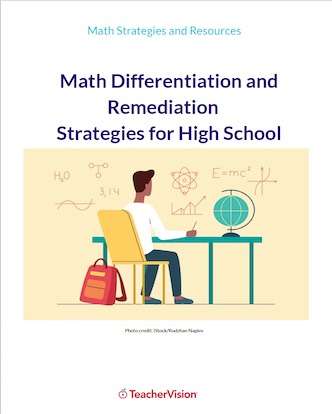The story
2000 Election Fiasco in Florida: The Exclusion of Black Voters
Who said the days of excluding African-Americans from the polls were over?
The controversy over the 2000 presidential election, which concluded with a Supreme Court decision that placed George W. Bush in the White House, featured numerous complaints of civil rights abuses on the part of the Florida state government. With the presidency riding on a breathtakingly close finish in Florida, a huge number of African-American Floridians argued either that their votes for Bush's opponent Al Gore had been improperly excluded from the state's official totals—or that they had been denied the opportunity to vote in the first place.
Many pundits and activists noted the irony of the final Supreme Court decision, which relied heavily on the Fourteenth Amendment to the United States Constitution in its legal reasoning. That amendment was passed to ensure, among other things, equal access to the ballot by African-Americans.
According to U.S. Congresswoman Cynthia McKinney, one of the important (but overlooked) figures in the Florida election fiasco was the Choicepoint Company. “Using lists of misdemeanor offenders in Texas,” McKinney argued, “Choicepoint `padded' the Florida list of ineligible voters to include more ineligible voters than there actually were in Florida. This resulted in thousands of African-Americans not being allowed to vote in the presidential election. This, joined with the high number of thrown-out ballots and a Supreme Court decision that stopped the ballot counting, resulted in a Bush victory in Florida.”
McKinney's anger was shared by many who viewed the 2000 election outcome as the latest in a series of cynical efforts to minimize or eliminate the impact of African-American voters. After the election, there was impressive talk of reform in Florida. There has, of course, been impressive talk of reform at other points in American history following electoral abuses that put African-Americans at a disadvantage.





